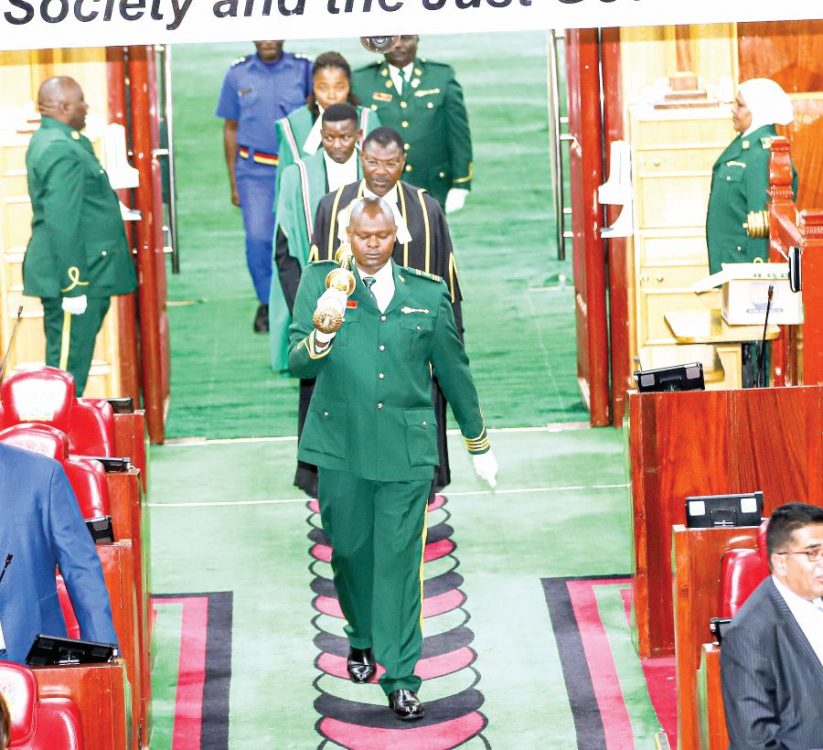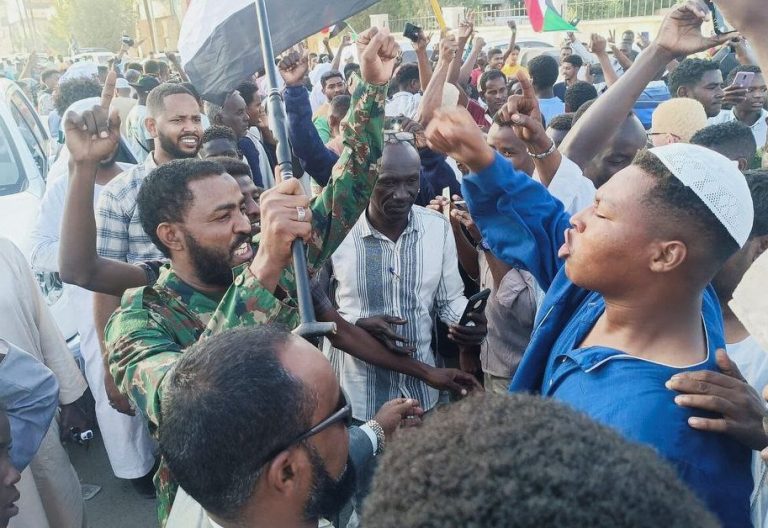Add Parliament more time to address backlog, says Speaker

National Assembly Speaker Moses Wetang’ula has proposed a proactive solution to address the mounting legislative backlog by considering extra or extended sitting hours.
The House Business Committee’s observed recently that there is a significant backlog of Private Members’ Business pending consideration.
The House Business Committee is tasked with preparing and, if necessary, adjusting the parliamentary calendar with the House’s approval.
Comprising House leadership and a few members representing both the Majority and Minority parties, the Committee oversees the implementation of parliamentary business and programmes.
Wetangula reckoned the committee noted that there were numerous motions and bills are currently awaiting processing through the house at the table office.
Last week, the Speaker disclosed that HBC had agreed to allocate two to three additional hours on Wednesdays, following the question time, to prioritise Members’ Private Business.
He urged all members with pending motions and Bills listed on the Order Paper to be present in the House during these times to move forward with their business. In the event that the backlog persists despite the new measure, Wetang’ula expressed the possibility of convening a Thursday morning Private Members Sitting.
Accumulating backlog
The purpose of this sitting would be to actively reduce the accumulating backlog of business.
In a determined effort to alleviate the situation, the Speaker conveyed that, starting from the following week, the assembly might require members to devote extra time to their parliamentary duties.
Wetangula has also proposed an extension of the regular sitting hours by two hours, with due consideration for the convenience of the members, to effectively address the backlog.
In light of this arrangement, Wetang’ula advised all members with private business pending at the Table Office and within the House to remain readily available at short notice to advance their respective agendas.
This proactive approach aims to streamline the legislative process and enhance the efficiency of the National Assembly.
During the 12th parliament members adjusted its calendar to introduce evening sittings for the first time in the history of independent Kenya’s Parliament.
Following the changes, an additional sitting was introduced, meaning that MPs will make an extra Sh5,000 each in sitting allowances.
Evening sittings
The evening sittings are normally held on Tuesday and Thursdays, whereby members have a sitting starting at 2.30pm to 6.30pm and another one slated for 7pm to 9pm.
Amos Kimunya, then Majority Leader then said the changes have been made to create ample time for private member businesses to be handled.
There were a lot of pending statements and motions sponsored by private members, which need to be dispensed with in the remaining tenure of the 12th Parliament.
“We have realised that most of the pending business sponsored by members, will not be completed and hence we need to create time to allow members to debate and finish the work ahead,” Kimunya said. He added: “Business not sponsored by the Majority Party or the Minority Party or a committee shall have precedence over all other business, in such order as the House Business Committee may determine.”
Time required
Former Leader of Minority John Mbadi said Members required more time to deliberate on their motions which have been pending for a long time.
In 2019, MPs tried to introduce a scheme to claim a night allowance whenever they are in Nairobi to attend sessions.
Dubbed the “Domestic Subsistence Facilitation”, the new scheme which was however rejected by the Salaries and Remuneration Commission, had been crafted to see each MP earn to between Sh18,200 and Sh24,000 per night.
Parliamentary business is conducted between Tuesday and Thursday, meaning the MPs could have claimed the money for four nights — Monday to Thursday.
Procedurally, Parliament can extend its sittings but only through the approval of members.
In some instances, the sittings have been extended up to midnight to allow members to finish important motions which may have timelines.
During the passing of the controversial Security Laws, Parliament was forced to prolong its sittings past 10pm, following a clash between the two sides of the political divide which came to blows culminating to the suspension of the sitting several times.










